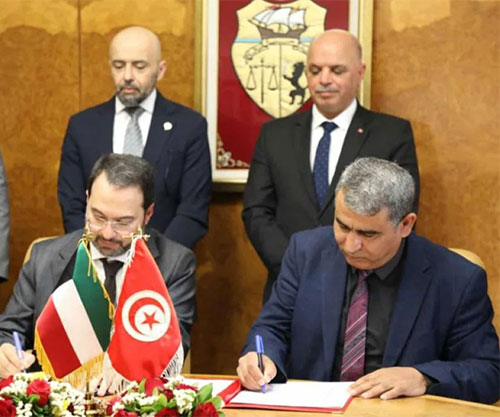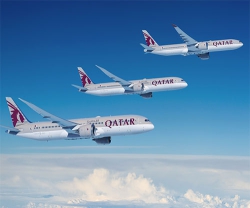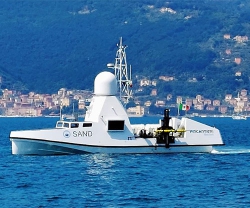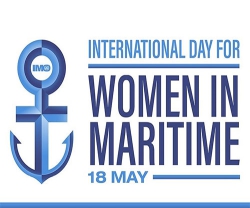Kuwait and Tunisia have signed a comprehensive air transport agreement aimed at strengthening civil aviation cooperation and enhancing air connectivity between the two countries.
The agreement was formally signed in Tunis by Sheikh Hamoud Mubarak Al-Hamoud Al-Jaber Al-Sabah, President of Kuwait’s Directorate General of Civil Aviation, and Nidhal Swailemi, Director General of Tunisian Civil Aviation.
The signing ceremony was attended by Tunisia’s Minister of Transport Rached Amari, Kuwait’s Ambassador to Tunisia Mansour Al-Omar, and members of the Kuwaiti Embassy.
In a statement to Kuwait News Agency (KUNA), Sheikh Hamoud Al-Sabah said the agreement is part of a broader effort to conclude similar agreements with several brotherly and friendly countries. The aim, he noted, is to establish the legal and technical frameworks necessary for airlines to operate under standardized procedures, safeguarding the rights of both nations and their carriers.
Sheikh Hamoud emphasized that the agreement supports Kuwait’s vision of expanding international cooperation to boost tourism and the aviation sector. He also highlighted the importance of enhancing technical and operational collaboration between Kuwait and Tunisia, particularly through the launch of air cargo flights.
This initiative, he explained, would facilitate the direct import of high-quality Tunisian products into Kuwait, supporting Arab goods and offering consumers greater diversity.4
Tunisian Minister of Transport Rached Amari said the agreement reflects the deep-rooted ties between Tunisia and Kuwait and paves the way for new cooperation in air safety, technical expertise exchange, and the movement of passengers and goods. Amari added that the signing marks a new milestone in strengthening joint Arab cooperation in the civil aviation sector, aligning with international standards and boosting the competitiveness of national carriers.
He further stressed the commitment of both countries to continue coordination, enhance technical exchanges, and promote greater market openness and connectivity across regional and international destinations.






















